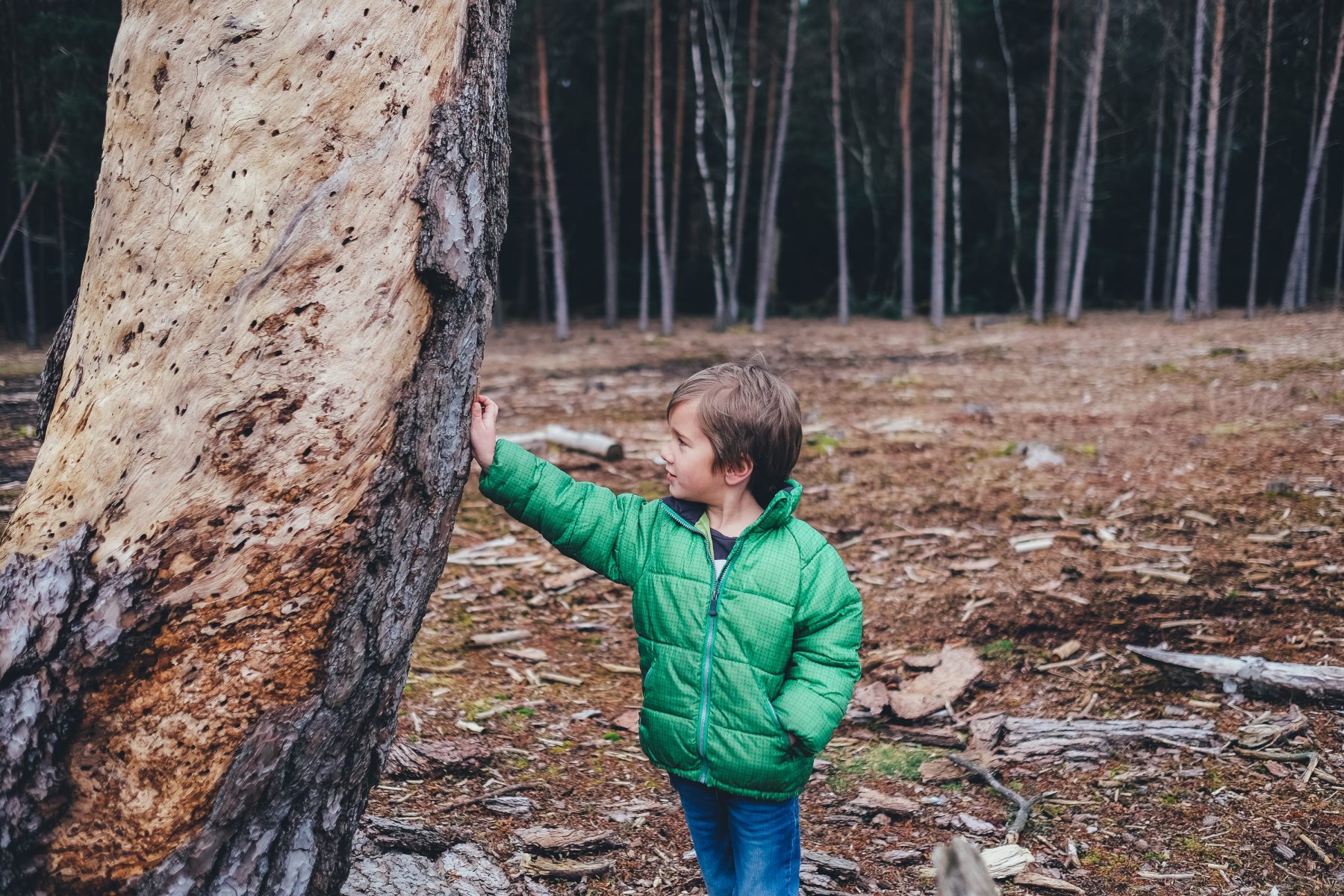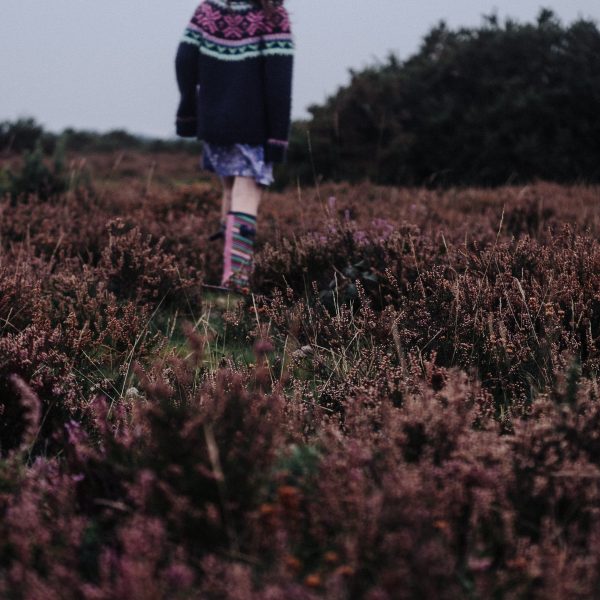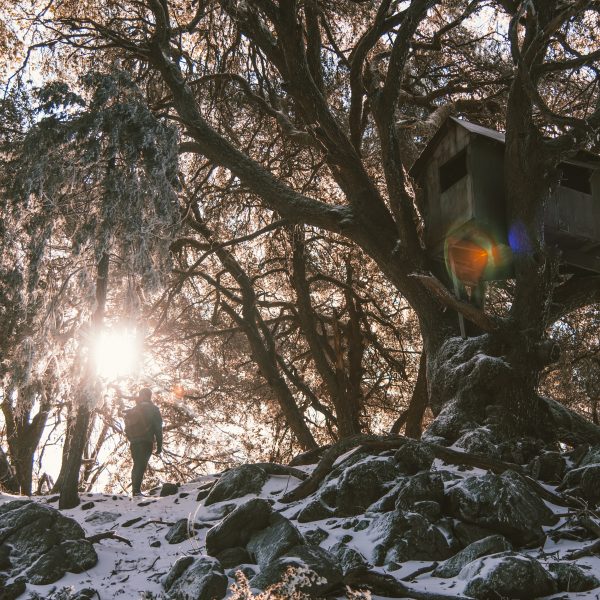When it comes to children’s connection to nature, it’s complicated

A new review, published by the British Ecological Society has found that while having a childhood connection to nature has many benefits, it is not universally positive, with this connection also generating negative emotions linked to environmental issues such as climate change.
Published in People and Nature, the review is the first to focus on nature connection in children and adolescents, and comprehensively reviews the full scope of literature on the topic, covering peer-reviewed articles, books and studies by environmental organisations.
Report author Dr Louise Chawla found that connecting with nature supports multiple areas of young people’s wellbeing.
“There is strong evidence that children are happier, healthier, function better, know more about the environment, and are more likely to take action to protect the natural world when they spend time in nature.” said Dr Chawla.
Previous studies have shown that the more time children spend in natural environments, the greater sense of connection children feel with the natural world, with links to time spent in nature serving as a predictor for active care for nature in adulthood.
These findings support strategies and policies that ensure that young people have access to wild areas, parks, gardens, green neighborhoods, and naturalised grounds at schools.
However, Dr Chawla said, a connection with nature is not universally positive.
“My review shows that connecting with nature is a complex experience that can generate troubling emotions as well as happiness.”
“We need to keep in mind that children are inheriting an unravelling biosphere, and many of them know it. Research shows that when adolescents react with despair, they are unlikely to take action to address challenges.”
Thankfully the review finds that there is overlap in the strategies used to increase children’s feelings of connection with nature and supporting them with difficult dimensions of this connection.
These strategies include helping young people learn what they can do to protect the natural world, as individuals and working collectively with others, and sharing examples of people who care for nature.
Children have an increased sense of hope about the future of the natural world, for example, when friends, family and teachers listen sympathetically to their fears and give them a safe space to share their emotions.
Researchers were surprised to find a “complete disconnect” between researchers studying the benefits of childhood connection to nature and those studying responses to environmental threats.
“People who study children’s connection with nature and those who study their coping with environmental risk and loss have been pursuing separate directions without referencing or engaging with each other.” said Dr Chawla.
“I am arguing that researchers on both sides need to be paying attention to each other’s work and learning from each other”.
To read Dr Chawla’s review in full, please see here.
Popular

Economics
Provider
Research
Workforce
Australia’s population outlook: What it means for the early childhood sector
2026-01-13 08:00:47
by Fiona Alston

Policy
Practice
Provider
Quality
Research
What Australia can learn from the UK’s new inspection framework
2026-01-13 07:30:03
by Fiona Alston

Economics
Events News
Practice
Quality
Research
One in six Aussie children at risk of missing the basics for school: Through the Officeworks Back to School Appeal you can help change that
2026-01-13 08:30:29
by Fiona Alston















